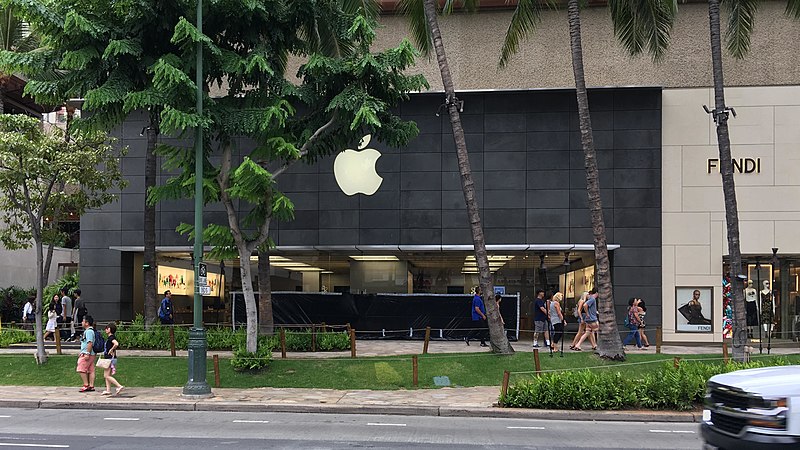 POLICY
POLICY
 POLICY
POLICY
 POLICY
POLICY
Apple Inc. has closed all of its global stores outside mainland China until March 27 because of coronavirus contagion fears as the company attempts to respond to arguably the biggest global health crisis in a century.
Apple, which announced the move on Friday, said in a statement that it’s also moving to flexible work arrangements outside of China.
“That means team members should work remotely if their job allows and those whose work requires them to be on site should follow guidance to maximize interpersonal space,” the Apple statement said. “Extensive, deep cleaning will continue at all sites. In all our offices, we are rolling out new health screenings and temperature checks.”
Pay for Apple employees will not be affected, including hourly workers, who will be paid as if they’re working. Apple Card holders are also being given a payment reprieve, allowed to skip their March payment without incurring interest charges.
Although the announcement from Apple sounds good, it hasn’t been without some concern. The Wall Street Journal reported that the move to remote working is facing issues given Apple’s focus on secrecy, since workers can’t access certain internal systems.
“In recent days, software developers sent home by Apple Chief Executive Tim Cook have complained of slow download speeds and mounting confusion over still-evolving new internal rules about what work they are allowed to perform, staffers say,” the Journal reported. “Some workers can’t access crucial internal systems from home due to strict security policies meant to fend off outsiders—which now includes off-site employees.”
Apple is said to have loosened some security restrictions but not nearly enough to the point where employees are still having to come to work.
“Though Apple has encouraged staff to stay away from the office for health reasons, many engineers say they continue to come into headquarters, heeding company policy that forbids unreleased products from being removed from campus,” the Journal wrote. “The company has loosened some security restrictions but maintains them on any software that might reveal the nature of off-limits projects, staffers say.”
Apple is far from alone in tackling coronavirus-related issues and it was among the first companies to react to and discuss the issue back when it was still primarily a pandemic in mainland China. Apple closed all of its mainland China stores Feb. 2 after having warned, along with Tesla Inc., of coronavirus-related impacts Jan. 29.
Next up is what investors think Monday morning. Although stocks rallied after President Trump declared a national emergency Friday, stock markets in the Asia Pacific region have once again crashed early Monday as coronavirus fears continue to grip the world. Apple shares closed up almost 12% in regular trading Friday, but presuming markets remain open, they likely will fall along with the rest of the market.
THANK YOU